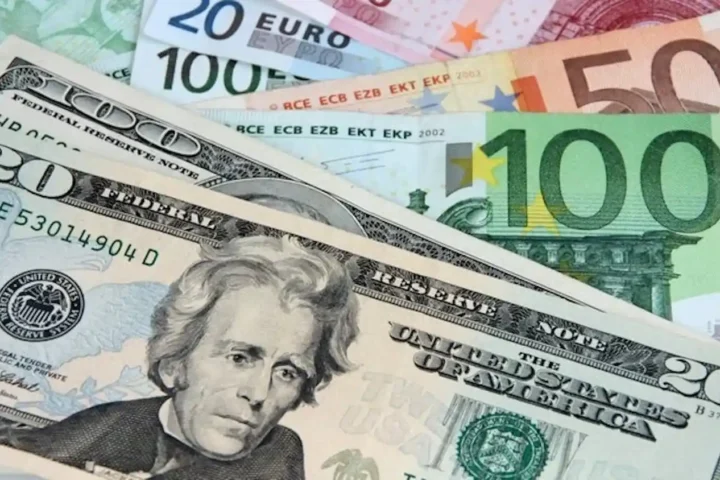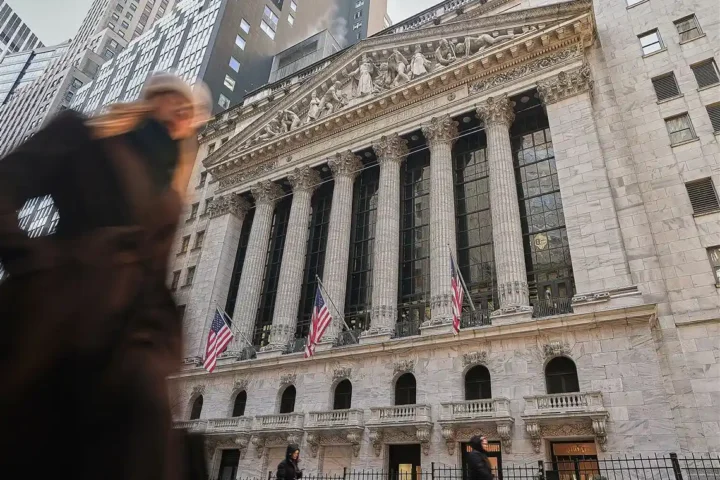By any measure, Apple is one of the world’s most successful companies, but even it isn’t immune to the unpredictable costs of protectionist policies. CEO Tim Cook’s recent admission that tariffs could add $1.1 billion to Apple’s costs this quarter—on top of the $800 million already spent last quarter—highlights the immense and often hidden burden that trade wars impose on American businesses.
Cook’s remarks, delivered during Apple’s earnings call, offer more than just a glimpse into a financial ledger. They’re a real-time case study in how top-down economic nationalism disrupts global supply chains, penalizes innovation, and ironically, hurts the very U.S. companies such policies purport to help.
President Donald Trump’s tariffs, especially those authorized under the International Emergency Economic Powers Act (IEEPA), were designed to punish China and encourage domestic manufacturing. Instead, they’ve become a tax on U.S. companies doing business globally. Apple’s products—while designed in California—are manufactured across China, India, and Vietnam, reflecting the complex, interwoven nature of today’s global economy. Punitive tariffs do not unravel that complexity; they simply make it more expensive.
Trump’s message to Apple is clear: move more manufacturing to the U.S. or face even higher costs. But this binary demand ignores decades of industrial evolution. Modern electronics manufacturing isn’t just about where a product is assembled—it’s about ecosystem, infrastructure, and scale. Moving production stateside isn’t like flipping a switch. It would take years, if not decades, and billions more dollars, to replicate Asia’s supply chain capabilities in the U.S.—if it’s even possible.
Despite the tariff drag, Apple still posted a 10% revenue jump to $94 billion in the June quarter. That resilience is remarkable, but it shouldn’t be mistaken for a green light to keep pushing companies toward costly reshoring. The short-term profitability masks a deeper structural inefficiency: money that could have gone into R&D, sustainability, or price reductions for consumers is instead being burned on tariffs.
Tim Cook’s careful tone—acknowledging that “many factors could change, including tariff rates”—betrays a deeper concern. The unpredictable nature of U.S. trade policy in recent years has made long-term planning treacherous. For a company like Apple, which bets years ahead on component orders and manufacturing plans, uncertainty isn’t just inconvenient—it’s existential.
In a globalized economy, walls don’t make products; partnerships do. Apple’s tariff burden is a flashing red warning light: trade wars don’t make America stronger. They just make everything more expensive.











